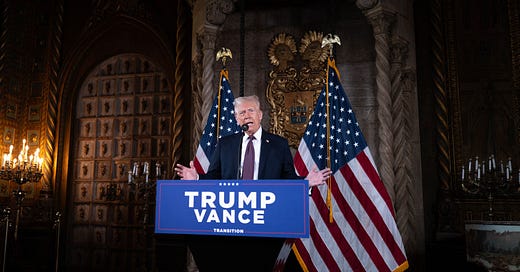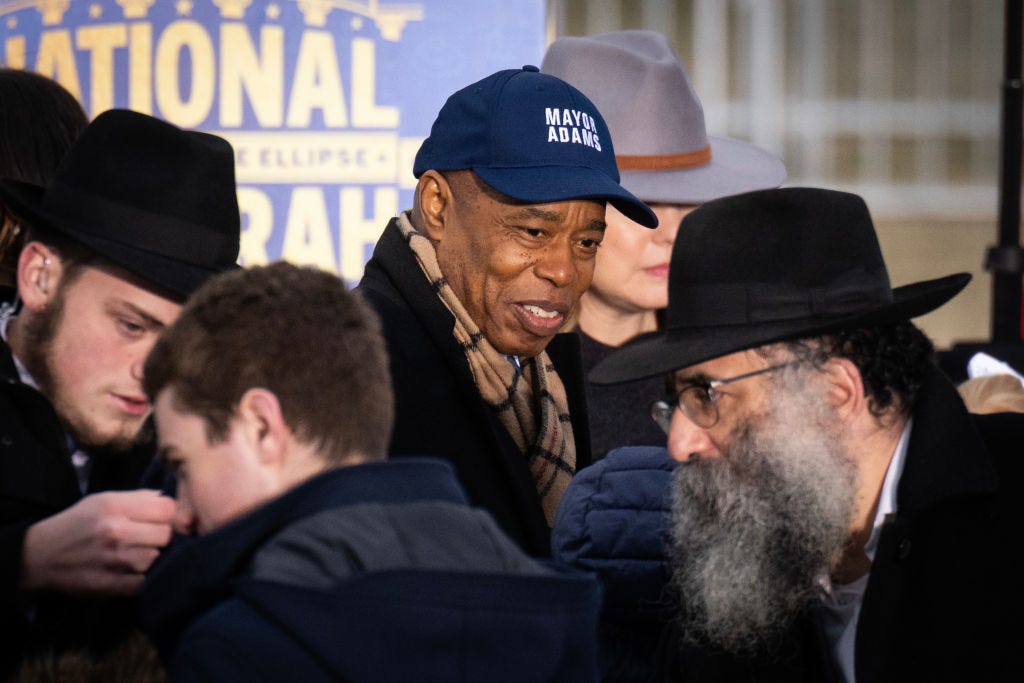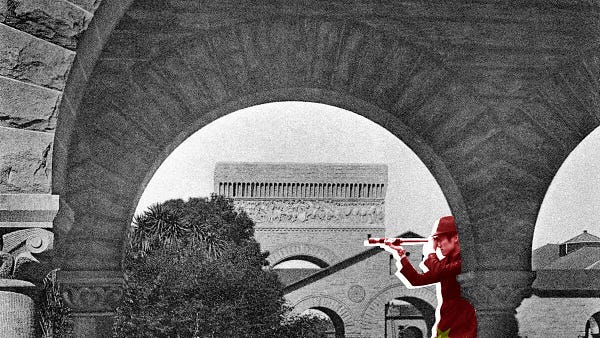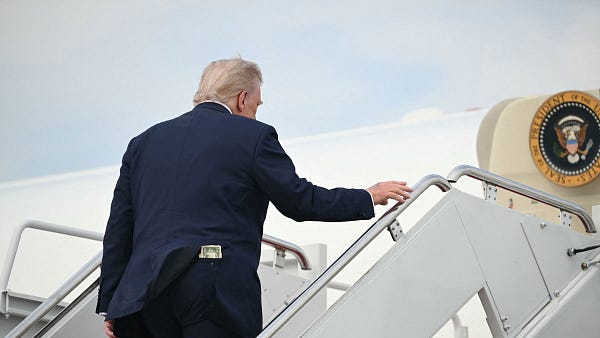
In Washington Irving’s short story “Rip Van Winkle” (1819), the feckless, henpecked Rip fell into a magical slumber in pre-Revolutionary America, awakening 20 years later—after American independence—to find his Catskills village transformed.
The “quiet little Dutch inn of yore” had been replaced by “The Union Hotel.” Where a tree used to stand, there was now a flagpole from which fluttered a “strange and incomprehensible” flag of stars and stripes. Only one thing seemed familiar. On the sign outside the hotel was the “ruby face of King George.” But Rip found that “even this was singularly metamorphosed. The red coat was changed for one of blue and buff, a sword was held in the hand instead of a sceptre, the head was decorated with a cocked hat, and underneath was painted in large characters, ‘General Washington.’ ”
Rip was baffled when the “tavern politicians” asked him, “On which side he voted?” and “Whether he was Federal or Democrat?”
“Alas! gentlemen,” cried Rip, somewhat dismayed, “I am a poor quiet man, a native of the place, and a loyal subject of the king, God bless him!”
A modern Rip Van Winkle who had fallen asleep at the end of 2004 could hardly be less astonished at the difference 20 years have made in the contemporary United States.












